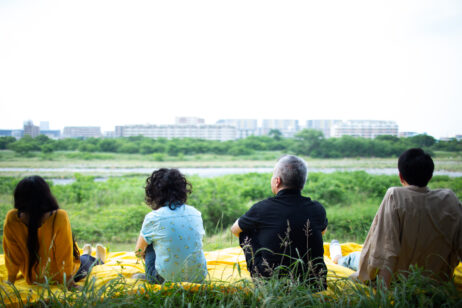6 December 2021
Astronauts as the Origin of Space Society
Space exploration is becoming more accessible than ever, and an increasing number of people are expected to travel to space in the near future. The idea of humans travelling to and living in space is certainly fascinating, but how is it likely to develop from here? In this seminar, we looked at human forays into space in the past, present and future. Our special guest, astronaut Naoko Yamazaki, talked about her motivations in becoming an astronaut and her experiences of travelling and living in space. She also shared her thoughts about how space travel and living might change in the future.
More info








